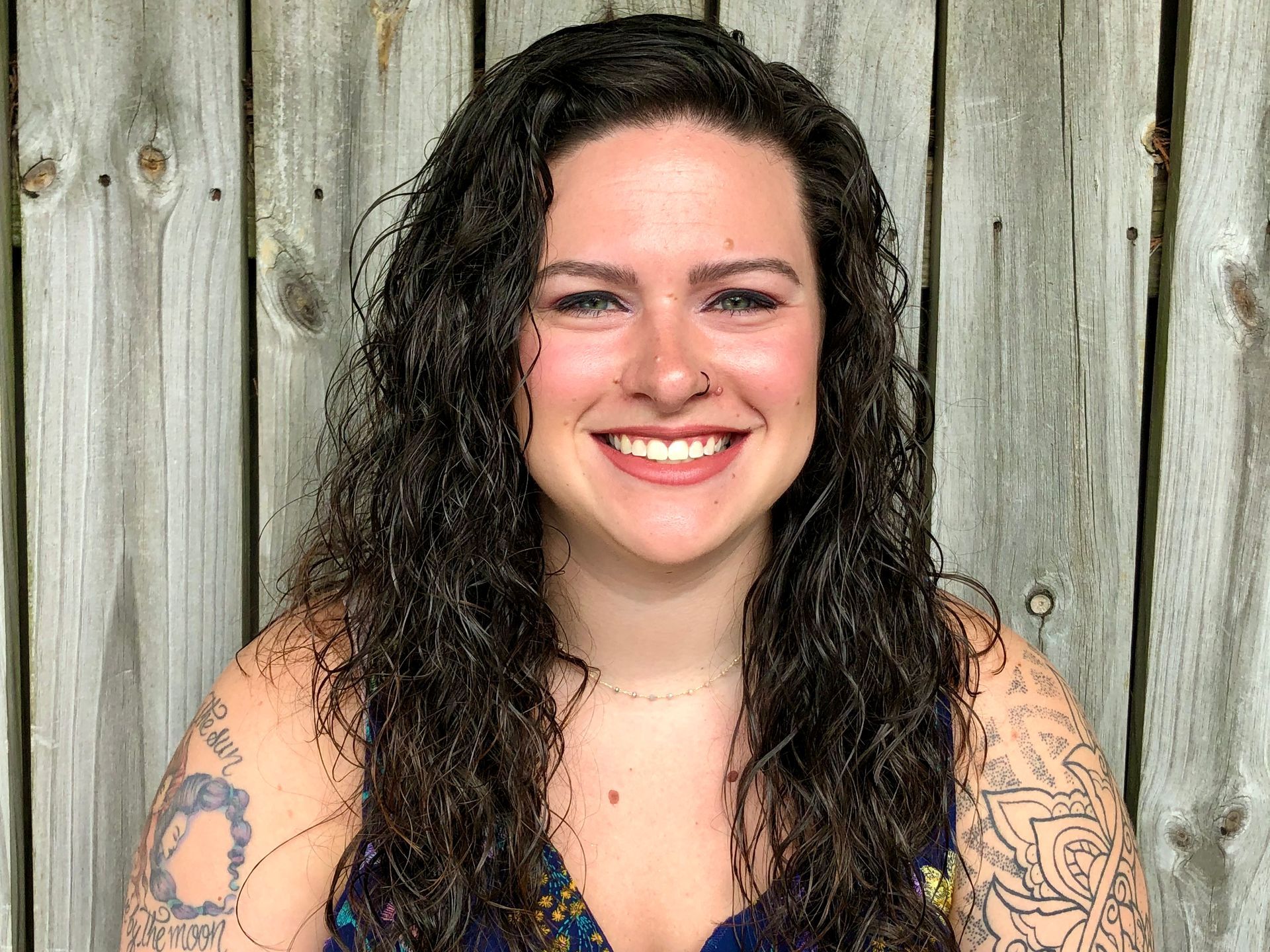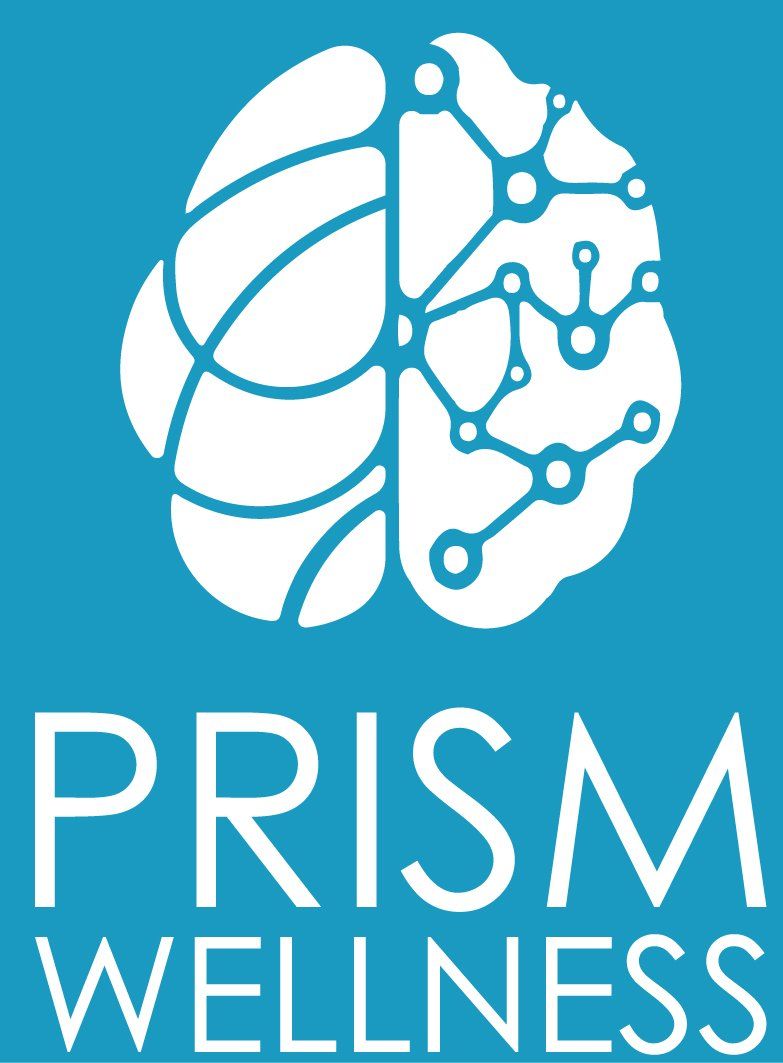Trauma and PTSD Therapy in Cary, NC
Healing from trauma is possible, and you don’t have to do it alone. At Prism Wellness in Cary, NC, our team of compassionate and experienced therapists specializes in helping individuals work through the effects of trauma and PTSD. Whether your trauma stems from childhood, recent events, or ongoing struggles, we are here to support you in your recovery journey.
What is Trauma and PTSD?
Trauma is a psychological response to distressing events that overwhelm your ability to cope. Post-Traumatic Stress Disorder (PTSD) can develop after experiencing or witnessing a traumatic event, leading to long-lasting emotional and mental health challenges.
Common Symptoms of Trauma and PTSD:
- Flashbacks or intrusive memories
- Nightmares and difficulty sleeping
- Severe anxiety or panic attacks
- Emotional numbness
- Avoidance of reminders or triggers related to the trauma
- Difficulty concentrating or feeling disconnected from others
If you’ve experienced any of these symptoms, trauma therapy can help you process and move beyond the lasting impact of those experiences.

Types of Trauma Therapy We Offer
Our team at Prism Wellness uses several proven therapeutic modalities to help clients heal from trauma and PTSD:

- EMDR (Eye Movement Desensitization and Reprocessing): EMDR helps process traumatic memories by using guided eye movements. This therapy can reduce the emotional charge associated with those memories and make them more manageable.
- Cognitive Behavioral Therapy (CBT): CBT helps clients recognize and challenge negative thought patterns related to their trauma. It encourages healthier ways of thinking and coping with difficult emotions.
- Somatic Work: This body-focused approach helps individuals process trauma by releasing physical tension stored in the body, allowing them to feel more grounded and present.
- Mindfulness-Based Stress Reduction (MBSR): MBSR incorporates mindfulness techniques to reduce stress and anxiety, helping clients manage their emotional responses to trauma triggers.
- Ketamine-Assisted Therapy (KAP) is used to help individuals process trauma by combining low doses of ketamine with therapeutic support. It can promote rapid relief from trauma symptoms, allowing clients to explore and process traumatic memories in a safe, controlled environment.
- Internal Family Systems (IFS): IFS helps individuals understand and heal their inner "parts" or subpersonalities, fostering self-compassion and inner harmony by engaging with these parts.
- Acceptance and Commitment Therapy (ACT): ACT encourages individuals to accept difficult emotions while committing to actions aligned with their values, promoting psychological flexibility.
- Prolonged Exposure (PE): PE is designed to treat trauma by gradually exposing individuals to trauma-related memories and stimuli to reduce emotional distress over time.
- Polyvagal Therapy: Based on the Polyvagal Theory, this therapy aims to regulate the nervous system by fostering a sense of safety, especially for those dealing with trauma and emotional dysregulation.
- Expressive Arts Therapy: For children, teens, and adults who may have difficulty verbalizing their emotions, we offer expressive arts therapy as a creative outlet to explore and process their feelings. This approach integrates art forms like drawing, painting, music, and movement to help individuals express complex emotions and experiences in a non-verbal way.
Is Trauma Therapy Right for You?
If you’re unsure whether trauma therapy is the right fit for you, consider the following:
- Do you experience flashbacks or nightmares?
- Are you avoiding reminders of a traumatic event?
- Do you feel constantly on edge or anxious?
- Are you struggling to manage overwhelming emotions?
If any of these apply to you, trauma therapy can provide the support and tools you need to begin healing.
How Prism Wellness Can Help
At Prism Wellness, we are dedicated to helping individuals navigate the challenges of trauma and PTSD. Our trauma-informed therapists provide compassionate, personalized care tailored to your needs. The following providers specialize in trauma and PTSD therapy:t
Our Trauma Providers:
If you’re ready to start your journey toward healing from trauma, Prism Wellness is here to help.
Contact us today to schedule a consultation and learn more about how our trauma and PTSD therapy services can support you.
How to start seeing a therapist
A simple plan to get you to a better place
Curiosity
Contact our Care Coordinator, Tori. Tori will ask you a few questions to gain an understanding of what you're looking for in therapy. Tori will then link you with the therapist that best fits your needs.
Connection
Schedule a free 10 minute consultation with a therapist that best suits what you're looking for. Not the right fit for you? No sweat. We're happy to help you find what you're looking for.
Cultivation
Once you feel you've found the right fit, you can begin to meet with the therapist virtually or in person to cultivate the change and understanding you're working toward.










